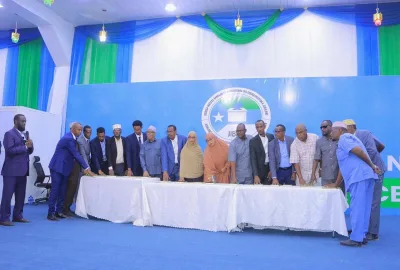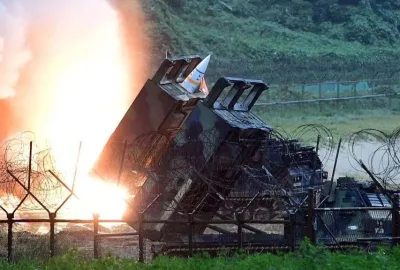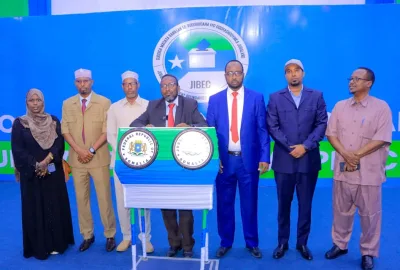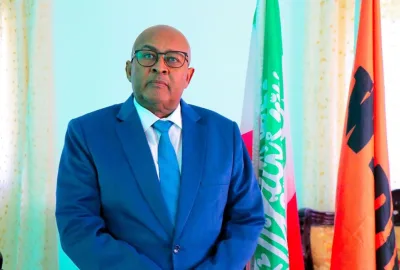Somalia has set up the Somali Petroleum Authority to regulate the development of its nascent oil…
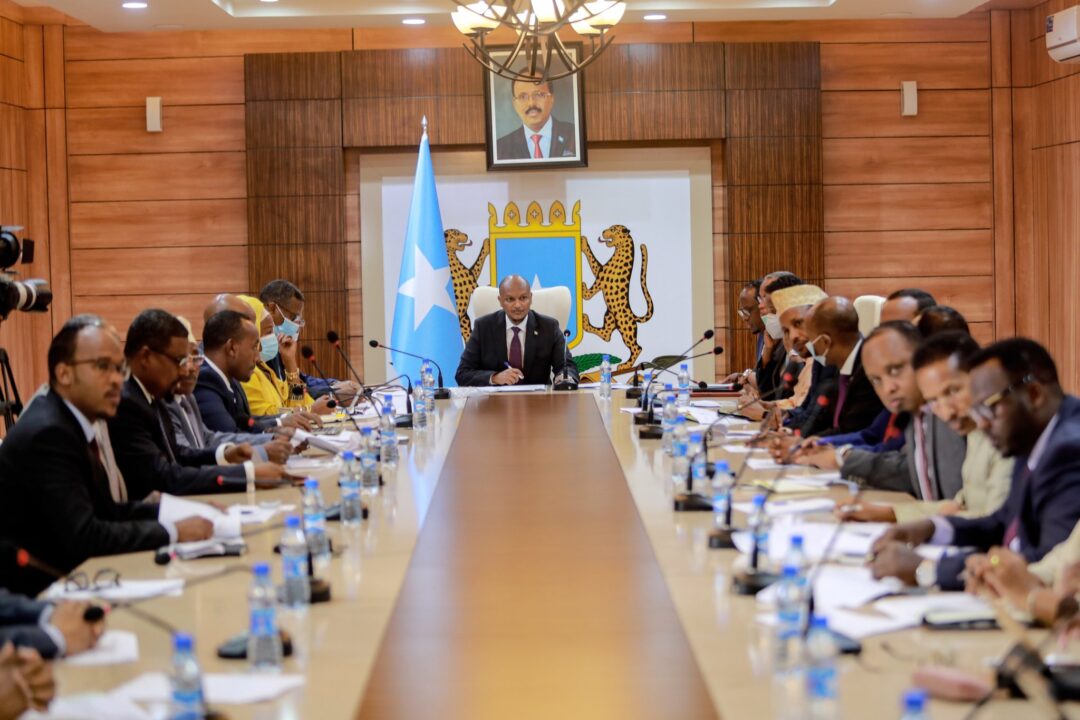
Somalia has set up the Somali Petroleum Authority to regulate the development of its nascent oil sector as the war-torn nation opens bids for its first ever licensing round.
he country’s petroleum ministry confirmed on August 4 that bids can be submitted up to March 12, 2021, for the seven offshore oil blocks on offer.
Somalia launched its first ever licensing round in mid-May but companies can now express interest for its offshore oil blocks, as it seeks to rekindle its quest for oil.
The SPA’s objective “is to ensure that the fiscal and regulatory regime is internationally competitive to attract investment, while delivering an equitable proportion of any future revenues to the Somali people,” Chairman Ibrahim Ali Hussein said.
Last frontier
Somalia is one of the last frontier areas for exploration globally and this round comes at a time when other countries are putting their upstream plans on hold due to the oil price rout and the coronavirus pandemic.
Emerging from three decades of civil war, Somalia’s internationally recognized federal government, which has been in place since 2012, has renewed efforts to attract oil investment.
It officially launched a new petroleum law in February, a few months after it established a revenue sharing agreement with some of its member states.
The seven blocks on offer are Blocks 152, 153, 164, 165, 177, 178 and 204.
The ministry had originally planned to offer 15 offshore oil blocks but the number was reduced as oil companies started to cut back their upstream projects due to the recent price collapse.
The original 15 blocks had a resource potential of 30 billion barrels, according to estimates by geophysical firm TGS, which is conducting seismic data tests on these licenses.
Exploration in Somalia began in the 1950s, with Shell, ExxonMobil, Eni and Chevron ending up with a handful of blocks.
However, the start of civil war brought upstream activity — both offshore and onshore — to a standstill.
In early March, the ministry agreed an initial road map with Shell and ExxonMobil, paving way for their return.
The companies, which had a joint venture in the country prior to 1991, when the civil war began after the toppling of dictator Mohamed Siad Barre, are now looking to claim the legacy rights of their concessions as work was suspended because of conflict.


